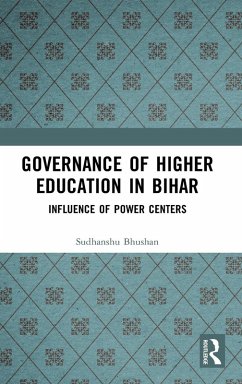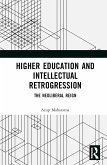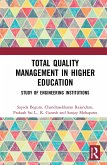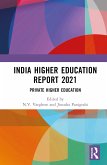This book presents the state-specific dimensions of the governance of higher education in Bihar, India, based on a real-case perspective. It discusses the policies of the center and state governments, and their implications on the state's higher education system. It addresses the issues and challenges faced by the higher education sector from the point of view of multiple stakeholders at center, state, university and college levels, while examining influential power centers. The volume focuses on select universities in the state and looks at how they manage policies, schemes and regulations. It deals with key themes such as the role of state and regulatory bodies such as the University Grants Commission; the balance of power; resource scarcity; the inadequacy of top-down governance models; governance failure; and the autonomy of universities. It explores the conflict between the politics and economics of governance and efficiency; the promotion and recruitment of senior office-bearers and teachers; the privatization of colleges; and financing, admission and examination systems. Through an in-depth study using empirical unit-level data from the All-India Survey of Higher Education, examples and theoretical frameworks, the book analyzes the reasons for the underperformance of the governance system of higher education in Bihar. It also offers suggestions and policy recommendations to help improve its planning and management via participative and responsible governance and informed institutional leadership. This book will be of interest to students, teachers and researchers of education, higher education, economics, governance and public administration, and development studies. It will also be useful to educationists and experts, education administrators, policymakers, bureaucrats and the governing bodies of higher education institutions.
Hinweis: Dieser Artikel kann nur an eine deutsche Lieferadresse ausgeliefert werden.
Hinweis: Dieser Artikel kann nur an eine deutsche Lieferadresse ausgeliefert werden.








